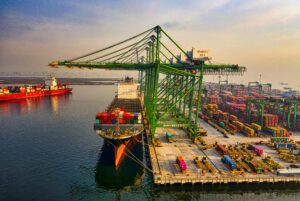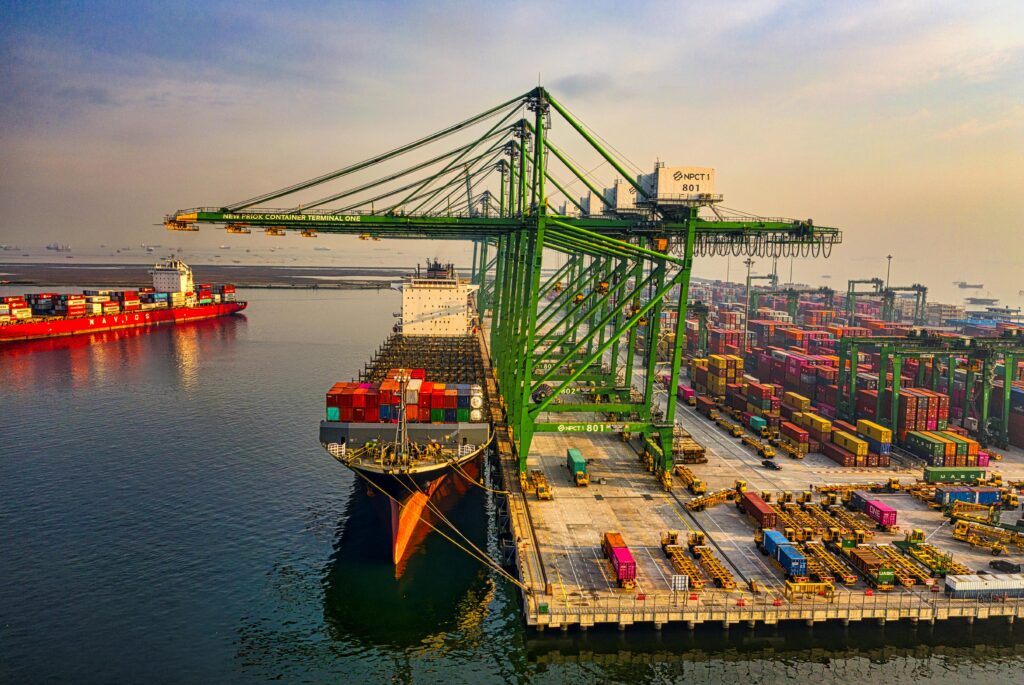
The term shipchandler might sound unfamiliar to those outside the maritime industry, but it plays a vital role in the functioning of global shipping and port logistics. A shipchandler is a specialized supplier who provides all the essential goods and services a vessel might need while docked in port. From fresh food, technical equipment, spare parts, tools, and chemicals to safety gear and documentation – the shipchandler is responsible for delivering it all efficiently and on time. Their mission is to minimize the vessel’s downtime in port and ensure that the crew and operations are fully supported for the next leg of the journey.
The role of a shipchandler has evolved significantly over the past decades. In the past, ship supply was handled informally or through various general vendors, often resulting in delays or incomplete deliveries. Today, a professional shipchandler works within a highly structured and regulated framework. Modern chandlers operate 24/7, understand international maritime standards, and comply with local and global safety regulations. They offer not just supply, but also logistics support, documentation handling, and sometimes even customs assistance. For ship operators, choosing a reliable shipchandler means securing not just goods, but peace of mind, knowing that the vessel will leave port fully equipped and on schedule.
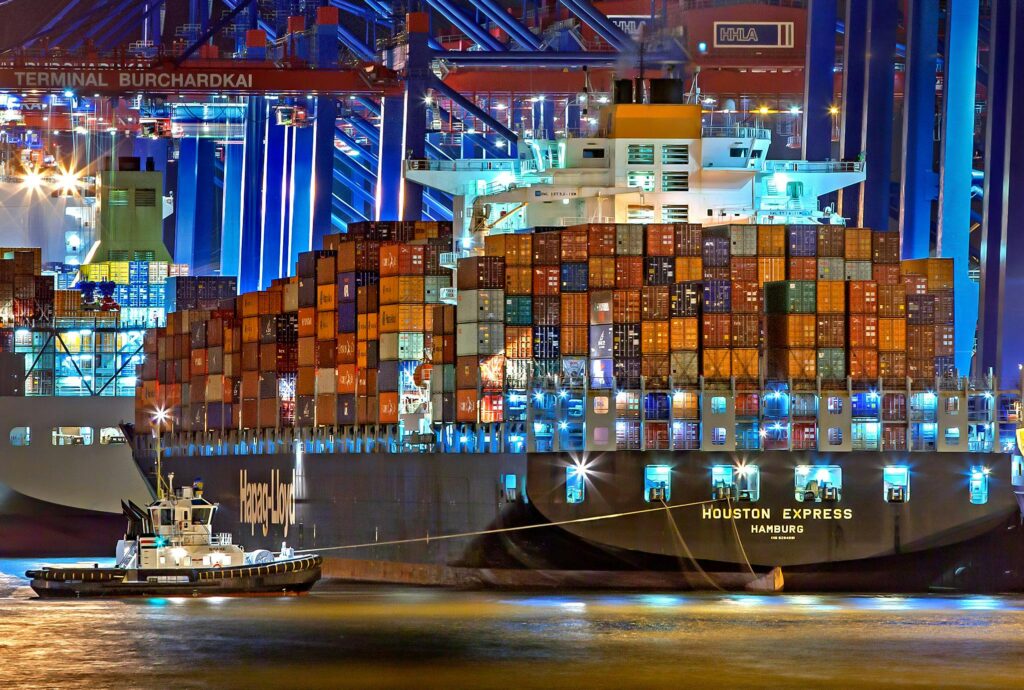
Core Responsibilities of a Shipchandler
A shipchandler’s primary responsibility is to supply ships with everything necessary for their operation and crew welfare. This includes a wide array of products: provisions such as fresh vegetables, meat, dairy, dry goods, and beverages; deck and engine equipment; maintenance tools; cleaning chemicals; and spare parts. In many cases, the shipchandler must act quickly – often fulfilling complex orders within a tight time frame to accommodate short port calls. The logistics behind this are sophisticated, involving warehousing, real-time inventory management, refrigerated storage, and dedicated delivery teams.
Beyond basic provisioning, shipchandlers also take on critical support functions that go beyond delivery. They ensure that all supplies meet the required quality and safety standards, which is especially important when serving international vessels subject to various regulatory regimes. They may coordinate with port agents, shipping companies, and customs authorities to facilitate smooth and legal transactions. Many modern chandlers also offer technical support, helping ships find and install replacement parts or specialized equipment while in port. In short, a shipchandler acts as a one-stop solution provider that simplifies port logistics, supports crew morale through quality provisioning, and ensures the vessel’s safe and efficient departure.
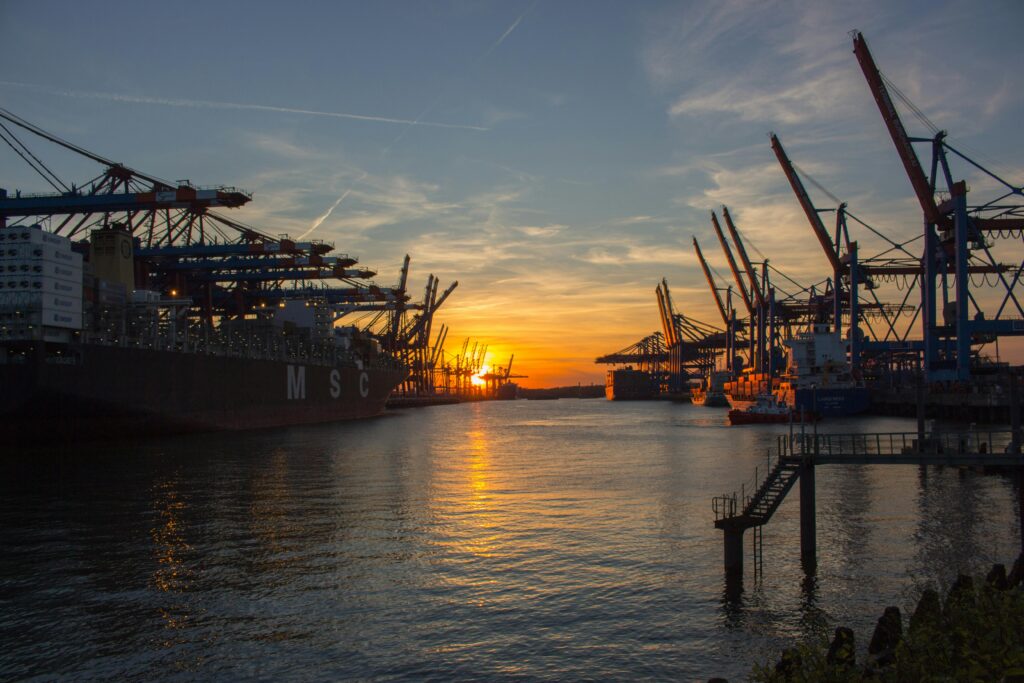
The Importance of Local Knowledge and Port Familiarity
One of the shipchandler’s greatest advantages is in-depth local knowledge. Each port is different – in its regulations, customs procedures, available suppliers, and even traffic conditions. An experienced shipchandler knows how to navigate these local complexities with speed and precision. They understand the best suppliers in the region, the fastest transportation routes, and the proper way to handle documentation for customs clearance. This local expertise saves time and reduces risk, especially when a ship is on a tight schedule or dealing with unexpected needs.
Furthermore, a local shipchandler serves as an invaluable point of contact for captains and crew, who may be unfamiliar with the area. Need to restock a specific type of part or find halal-certified food for the crew? A seasoned chandler will know exactly where to source it and how fast it can be delivered. In emergency situations, where every hour counts, this insider knowledge can make all the difference. It’s not just about what the shipchandler delivers, but how quickly, efficiently, and accurately it’s done. This is why shipping companies often develop long-term relationships with chandlers who consistently prove their value in each port they serve.
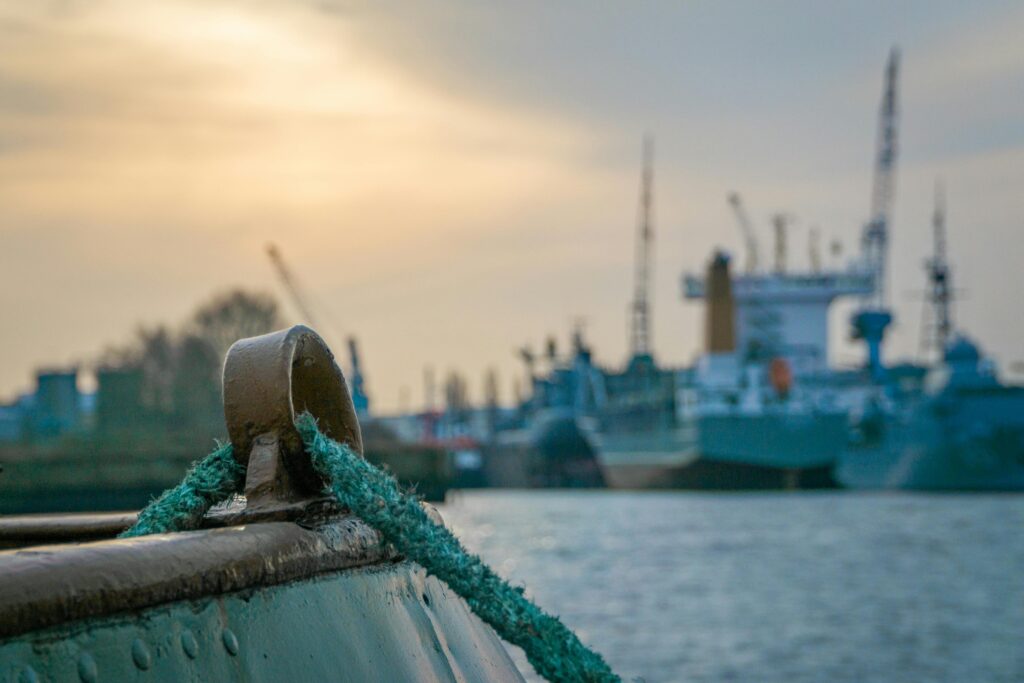
Modern Tools and Technology in Ship Supply
Technology has become a cornerstone of modern ship supply services. Today’s shipchandlers use digital platforms to manage orders, track inventory, monitor deliveries, and provide real-time updates to ship operators. This automation significantly reduces errors and speeds up the procurement process. Ships can send detailed order requests via email, apps, or integrated platforms connected directly to the shipchandler’s ERP system. This allows the supplier to quickly verify availability, propose alternatives, and confirm timelines – often within minutes of receiving the request.
Additionally, many shipchandlers now offer web-based catalogs, allowing vessels to select products, compare prices, and place repeat orders with ease. Real-time tracking tools also help shipping companies monitor deliveries and ensure supplies arrive on time. The integration of GPS, digital signatures, and cloud-based document management simplifies communication and eliminates unnecessary paperwork. Some advanced chandlers even use AI-driven tools to predict consumption patterns based on vessel type and route, helping them better prepare for recurring deliveries. In a fast-paced global shipping environment, technology isn’t just a bonus – it’s a necessity for keeping ships fully stocked, compliant, and on schedule.
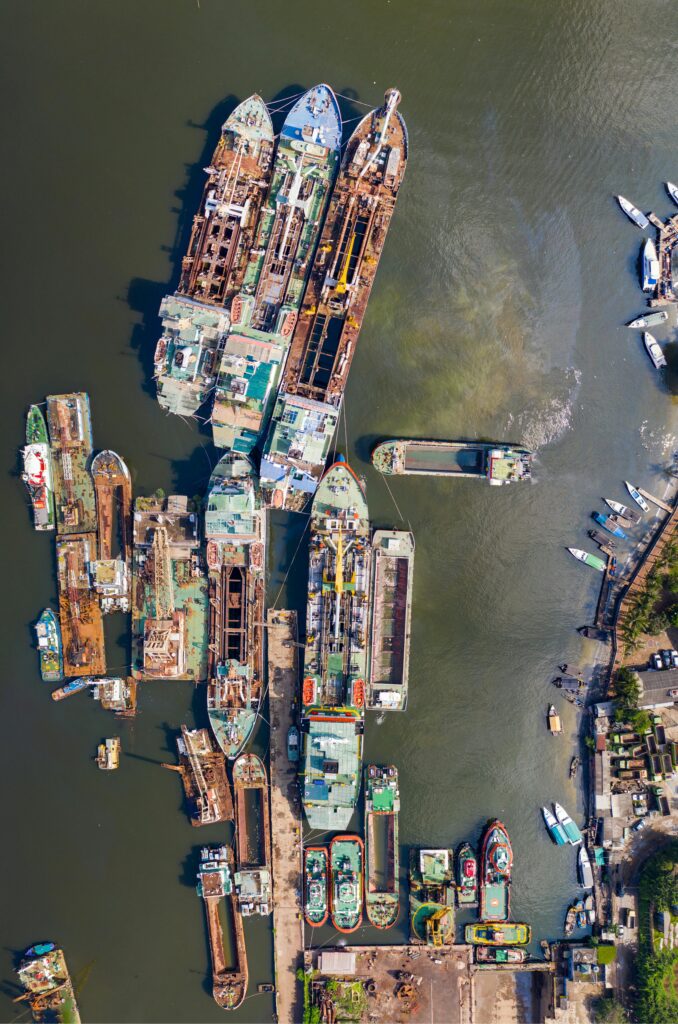
Choosing the Right Shipchandler for Your Vessel
Selecting a shipchandler is a strategic decision for any shipping company. The right partner can make the difference between a smooth turnaround in port and costly delays. Key factors to consider include the chandler’s experience, reputation, response time, product range, compliance with international standards, and ability to handle last-minute requests. It’s also important to assess their infrastructure: do they have their own warehouse? Refrigerated storage? A fleet of delivery vehicles? The more self-sufficient the chandler, the more reliable the service.
Equally important is customer support. A top-tier shipchandler will offer dedicated account management, multilingual staff, and 24/7 availability. They’ll take time to understand your vessel’s unique needs, from dietary restrictions to technical specifications. Many ship operators prefer working with companies that can serve multiple ports or regions, offering consistency and simplified administration. Before entering into an agreement, it’s wise to request references, review service terms, and even conduct a trial delivery. In a business where every hour counts and the stakes are high, having a trusted shipchandler on your side is not a luxury – it’s a necessity.




